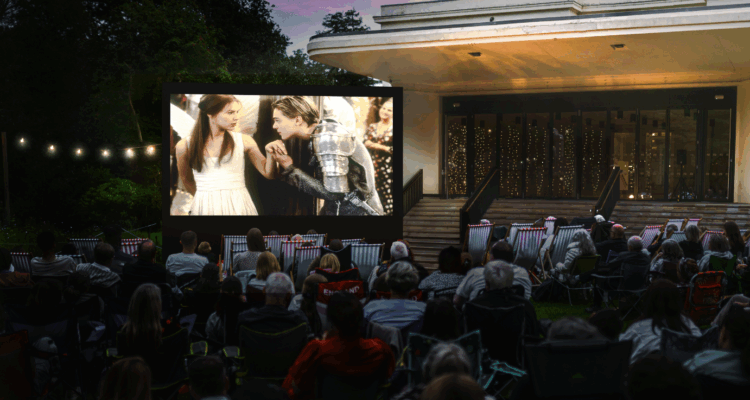Featured Poem: The Stare’s Nest By My Window by W.B. Yeats
There’s been a distinct political flavour to proceedings in the literary world in the past week. There was the small matter of the release of some little known politician’s memoirs…but on an altogether different plain, there have been separate acts of poetic political activism taking place at home and further afield. Both come from a place deep within fiercely passionate hearts and both utilise the power of poetry to give a voice to the collectively silenced; to put into words pain that is felt so sharply and in doing so, going some way towards alleviating it. On home shores, a group of established poets, including the Children’s Laureate Michael Rosen, have banded together to publish an online anthology entitled Emergency Verse to condemn the numerous public spending cuts being proposed by the ‘Con-Dem’ government. Journeying across the skies – and being airborne is indeed the key factor here – a poetic protest was in full effect last weekend as a ‘poetry rain’ took place in Berlin. Poems printed on bookmarks did literally fall from the sky as a simultaneous protest against war and promotion of peace in a city which has suffered the repercussions of war many times in its own history. Organised by a Chilean art collective, the event had the intension of showing how poetry could rebuild cities that have been broken by bombs by giving new meaning to past events “and therefore presenting the city in a whole new original way", a way that becomes all the more significant for acknowledging what has gone before.
Using poetry to make a stand against various political movements and to comment on the burning social issues of the day is not a new occurrence. Many of the most memorable poems in existence have become so due to their profoundly emotive descriptions of war, poverty and large-scale anguish. Yet in a climate that is apparently apathetic – or perhaps on the other hand makes too much noise about the most unimportant of things – activism of the literary kind could be mistakenly perceived as being on the wane, or as not making any impact at all. Because “poetry makes nothing happen”; didn’t one of the greatest contemporary poets, W.H. Auden, say just that? Well yes he did, but that quote is often misinterpreted and like much else, when removed from its context ceases to mean much itself. He used the line in In Memory of W.B. Yeats, a self explanatory tribute to an immensely politically minded poet who with his words actually did make a lot of things happen. It may be true that verse may not automatically transform the plans of the government or put an end to world wars. But, to attribute to Auden the full sense of his words, “it survives”, is “a way of happening, a mouth”. Surely that is a longer standing testament to its agency.
So in the spirit of poetic protests, here is a poem from the aforementioned W.B. Yeats taken from what is considered to be his most famous and most politically concerned work, The Tower. In actual fact this is a section from a longer poem, Meditations in Time of Civil War, which was not just a significantly political piece describing the effect of war on an individual trying to some extent to isolate themselves, but is the most personal representation of Yeats’ feelings and experience of his family background. Filled with metaphor and rich images, I find this a typical Yeats poem in that it is so evocative, especially in its darkly beautiful last stanza which also serves as a prophetic warning.
The Stare’s Nest By My Window
The bees build in the crevices
Of loosening masonry, and there
The mother birds bring grubs and flies.
My wall is loosening; honey-bees,
Come build in the empty house of the stare.
We are closed in, and the key is turned
On our uncertainty; somewhere
A man is killed, or a house burned.
Yet no clear fact to be discerned:
Come build in the empty house of the stare.
A barricade of stone or of wood;
Some fourteen days of civil war:
Last night they trundled down the road
That dead young soldier in his blood:
Come build in the empty house of the stare.
We had fed the heart on fantasies,
The heart's grown brutal from the fare,
More substance in our enmities
Than in our love; O honey-bees,
Come build in the empty house of the stare.
William Butler Yeats (1865-1939)
Share
Related Articles

Storybarn Book of the Month: Saving the Butterfly
This month, as part of Refugee Week (16-22 June), we've been taking a look back at one of our favourites…

Open Air Cinema and Theatre FAQ’s
If you were able to snap up tickets to our Open Air programme this summer, check below for any queries…

New Liverpool open air cinema brings movies to the Mansion
NEW FOR 2025: Eight handpicked films will hit the big screen in Calderstones Park this summer as national Shared Reading…


